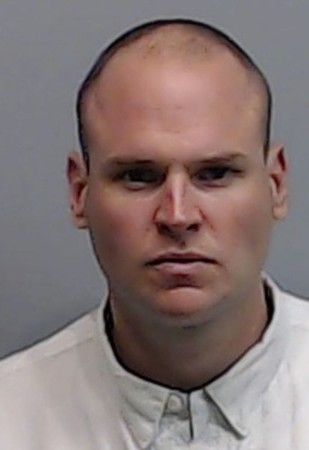Advertisement
Research Finds New Link Between Sugar and Cancerous Tumors
By Brian Delpozo
2 min read
Advertisement - Continue reading below

There’s some bad news for sweets lovers. According to new research out of Belgium, there’s a clear link between high levels of sugar intake and cancerous tumors.
The research, which took more than eight years to compile, was published in Nature Communications this past week. It establishes “a direct regulatory connection between Fru1,6bisP in glycolysis and the Ras proteins, which seems to be evolution conserved in yeast and mammalian cells. It is responsible for induction of apoptosis in yeast cells with overactive influx of glucose into glycolysis and stalled flux at the level of GAPDH. We suggest that Fru1,6bisP activation of Ras constitutes a key mechanism through which the Warburg effect might stimulate oncogenic potency.”
In layman’s terms, that means foods with high levels of glucose were found to overstimulate proteins found inside tumors, making the mutated cells grow faster, in turn making the cancerous tumors more aggressive. This is known as the Warburg effect.
Professor Johan Thevelein, one of the researchers, said in a release, “Our research reveals how the hyperactive sugar consumption of cancerous cells leads to a vicious cycle of continued stimulation of cancer development and growth.” He went on further to say that thanks to their work, the exact relationship between high glucose intake and cancer could be examined with more accuracy. He wrote, “This link between sugar and cancer has sweeping consequences. Our results provide a foundation for future research in this domain, which can now be performed with a much more precise and relevant focus.”
Victoria Stevens, a researcher for the American Cancer Society (who had no involvement in the study) was cautious of the results, quoted by USA Today as saying, “They are providing a potential way [the Warburg effect] could be a cause of cancer, but they are a long way away from saying this could actually happen.” However, she did say the research was, “a start.”
Advertisement - Continue reading below










